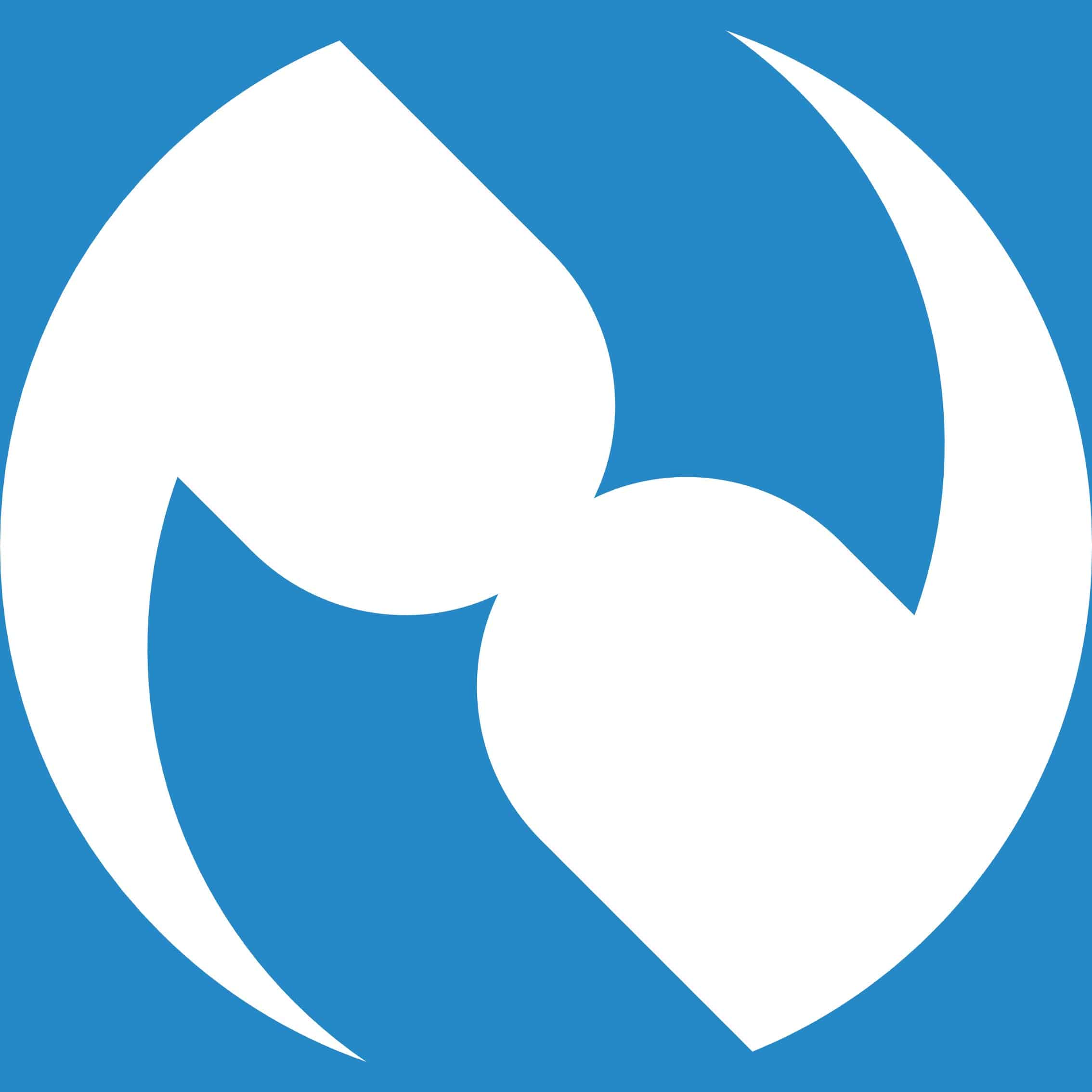Capital markets executive summary | Tue 29 Aug 2023
Capital markets executive summary | Tue 29 Aug 2023
Mercury Securities to list on the ACE Market on 19 Sep
The first stockbroking company in an initial public offering (IPO) in 20 years will raise RM39.27m by issuing 157.09m new shares at 25 sen for an enlarged base of 893m shares according to its prospectus. Mercury Securities will use RM26.86m for margin financing facility services, RM2.88m for digitalisation and marketing activities, RM4.63m for working capital, and RM4.9m for listing expenses. It is involved in stockbroking, corporate finance, proprietary trading, margin financing, research advisory, and custodian and nominee services. The company has been profitable every year since it started operations in 1992. Applications for the public issue are open until 5 Sep 2023. Public Investment Bank is the principal adviser, sponsor, sole underwriter and sole placement agent.
Malaysia’s Jul external trade fell 14.4%
Exports declined 13.1% year-on-year from RM134.3b to RM116.8b whereas imports were down 15.9% from RM118.5b to RM99.7 billion. Month-on-month, exports in Jul shrank 5.8% from RM123.95b in Jun in contrast with imports which rose slightly by 1.3% from RM98.4b. Total trade in Jul was down from RM252.81b to RM216.41b. All sectors other than electrical and electronic products contributed to the contraction in exports. Refined petroleum products fell 48.3% to RM9.2b, palm oil and palm oil-based products -34.6% to RM8b, liquefied natural gas -39.7% to RM3.8b, crude petroleum -20.6% to RM2.1b, timber and timber-based products -10.3% to RM1.9b, and natural rubber -19.8% to RM335.2m. Electrical and electronics products, which are 43.2% of total exports, gained 7.3% to RM50.5b. Imports of intermediate goods, which are 49.1% of the total, declined 20.9% to RM48.9b as parts and accessories of capital goods, industrial supplies, fuel and lubricants, and food and beverage products shrank. Capital goods, 10.6% of total imports, fell 3.6% to RM10.5b primarily due to transport equipment. Consumption goods, 9% of total imports, however grew 5.9% to RM9b because of food and beverage and durable goods. Trade surplus was RM17.09b, 7.9% more than the RM15.84b in Jul 2022, but 33.11% less than the RM25.55b in Jun.
Would you like us to email you when our latest executive summary is available?
Brighton LECA1 rating affirmed
RAM Ratings affirmed the rating for Brighton Management Limited (BML), a licensed insurance manager and underwriting manager in Labuan International Business and Financial Centre (Labuan IBFC). The rating is the highest on a scale of 6 grades and indicates excellent capacity and competence in fulfilling performance obligations. BML has positive operating record, staffing, management, financial standing, business infrastructure and risk management practices. It was established in 2005 and provides underwriting management and claims handling, and administrative and audit services. It serves 40% of Labuan IBFC’s insurance and insurance-related entities making it the largest insurance and underwriting manager. BML’s financial performance has been steady from 2018-2022. Its cash reserves at end-2022 were sufficient to support 16 months of operating expenditures.
China’s Xpeng to buy Didi’s EV business
The New York-listed electric vehicle (EV) manufacturer will buy Didi’s electric car development business in an all-stock deal worth USD744m (RM3.4b) that includes Xpeng supplying vehicles to the ride-hailing company. The agreement requires Xpeng to launch an A-class model in 2024 under a new brand and priced circa CNY150k versus its current offerings of above CNY200k. Didi is partnering Volkswagen for the project codenamed MONA with sales expectation of 100k units per year. A slow down in demand and surplus manufacturing capacity in China’s EV industry have made competition stiffer, keeping newcomers including Didi from entering the market. Smartphone maker Xiaomi recently obtained regulatory approval to manufacture EVs after 2 years of announcing their plans. Xpeng sees China’s EV industry consolidating from 65 players currently to just 8 by 2030. It is a small manufacturer with sales of 41k EVs in 1H2023 compared to BYD’s 550k and Tesla’s 294k.
BYD to buy Jabil’s mobile electronics business for USD2.2b
The Chinese automaker’s electronics unit, BYD Electronic, signed an acquisition framework agreement with US firm Jabil Inc’s Singapore subsidiary, Jabil Circuit, to buy its manufacturing business in Chengdu and Wuxi for CNY15.8b. BYD started out by selling electronic components and in 2007, BYD Electronic was listed on the Hong Kong Stock Exchange. Its business of selling components for consumer electronics products was one of three key business segments, accounting for more than 70% of its 2022 total revenue. Jabil had been looking to address growth concerns at its mobile parts business while BYD Electronic seeks to expand its market share of components for mobile electronics.

